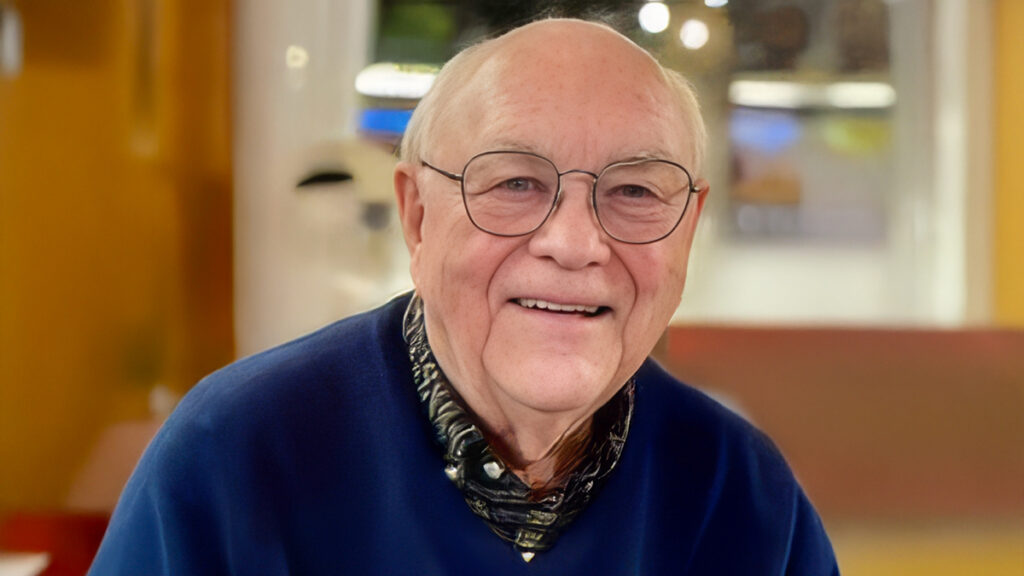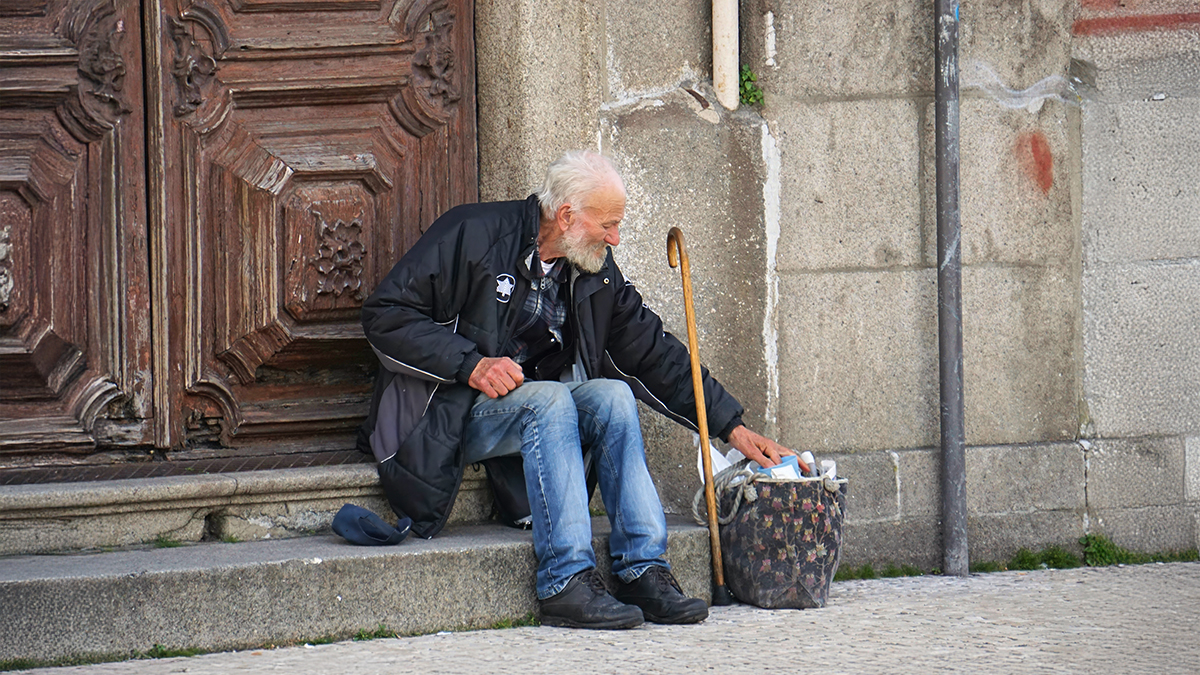Understanding the Church begins with recognising our local context—where we are and who we are.
But we cannot remain enclosed within that identity.
We are called to openness, to embrace the richness and diversity of the entire Church.
We need to be catholic — to be outward looking.
The power dimension of catholicity
Being truly catholic, however, has another dimension to it.
The Kasper/Ratzinger debate on the “ontological priority” of either the local or universal church—the incident with which I began my reflections—was not simply about local identity and universal communion.
It was about power.
The danger that even Ratzinger acknowledged was the danger of over-centralizing papal or Roman power.
Kasper insisted on the local church’s autonomy in terms of decision-making in areas like liturgical language and ritual style, procedures for the choosing of bishops, and judgments about theological orthodoxy.
While never ceasing to be connected to the whole in essentials, a catholic church needs to be able to make its own decisions as much as possible.
Francis’ push for local empowerment
Very early in his pontificate Pope Francis seemed to opt for a local church with more decision-making power.
In Evangelii Gaudium he wrote that “it is not advisable for the Pope to take the place of local bishops in the discernment on every issue which arises in their territory” (EN 16).
He repeated the same conviction in Amoris Laetitia in paragraph 3.
In Magnum Principium he left the approval of translations and local adaptations up to the local bishops.
Some, of course, accuse Francis of exercising an “imperial papacy” (e.g. Ross Douthat), and he certainly did intervene—for the good of the whole church—in terms of restrictions on the celebration of the pre-Vatican II Mass.
However, on balance, Francis called for local agency, a policy that seems to have also been endorsed by Pope Leo.
Catholicity in a global and diverse church is catholicity from the bottom up.
Synodality as structural catholicity
Perhaps Francis’s greatest empowering of the local church, however, was his insistence on synodality, an insistence emphasized as well by Pope Leo in the first days of his papacy.
Synodality is rooted in Vatican II’s vision of the church as the people of God, a people of fundamental equality because of their baptism, and their anointing by the Spirit with a “sense of the faith.”
Because of our baptism we are all “missionary disciples.”
Synodality begins with this deep theological truth (communion).
Such basic equality calls each and every member of the church to both speak out and listen intently to those who speak (participation).
When all have spoken and all have listened, Pope Francis remarked in his Interview with Antonio Spadaro in 2013, then the Holy Spirit guides the discernment as how to best participate in God’s mission.
As I noted last month, catholicity is exercised in synodality.
No one-size-fits-all solutions
In a diverse and global church, there can be no ready-made, standard solutions or programs.
These must be tailor-made for the context, for the local church, from the context, by the local church. Mission begins and ends here.

- Stephen B. Bevans, SVD, is a priest in the Roman Catholic missionary congregation of the Society of the Divine Word (SVD). He is the Louis J. Luzbetak, SVD Professor of Mission and Culture, Emeritus, at Catholic Theological Union, Chicago. He has edited or published twenty-one books, the latest of which is Community of Missonary Disciples: The Continuing Creation of the Church (Orbis, 2024)

